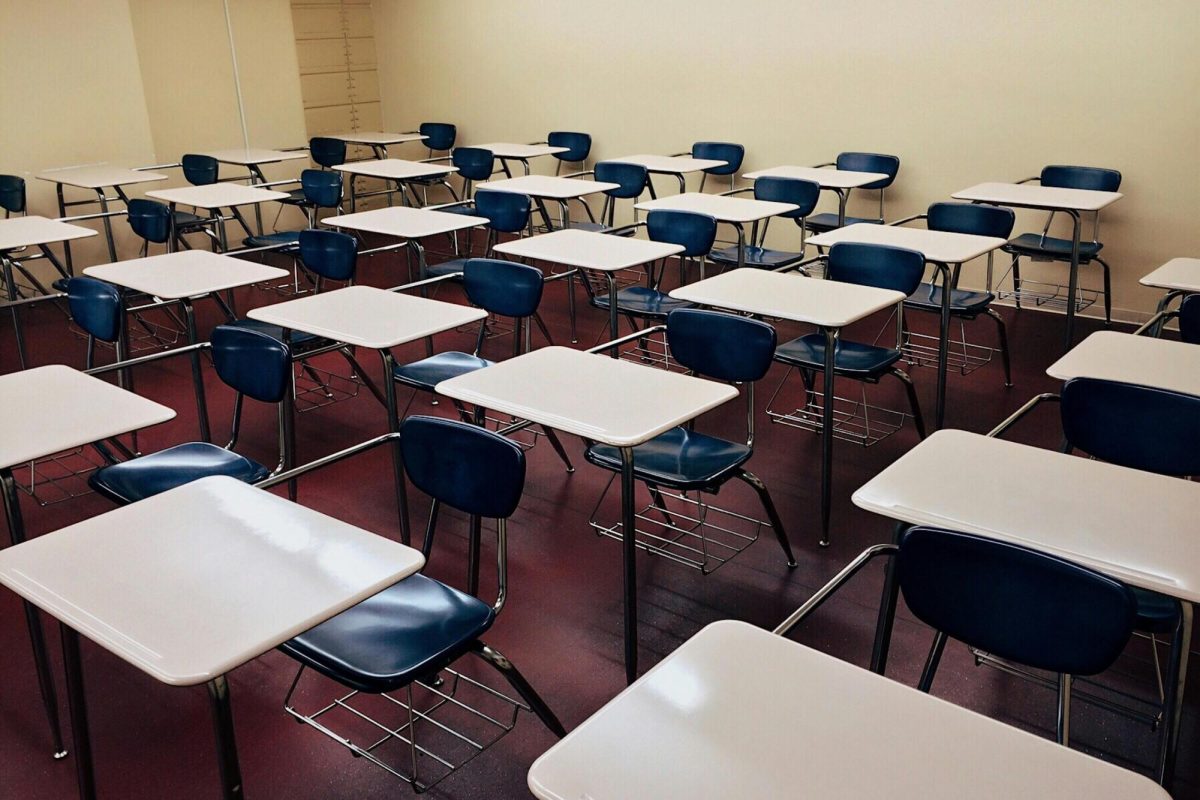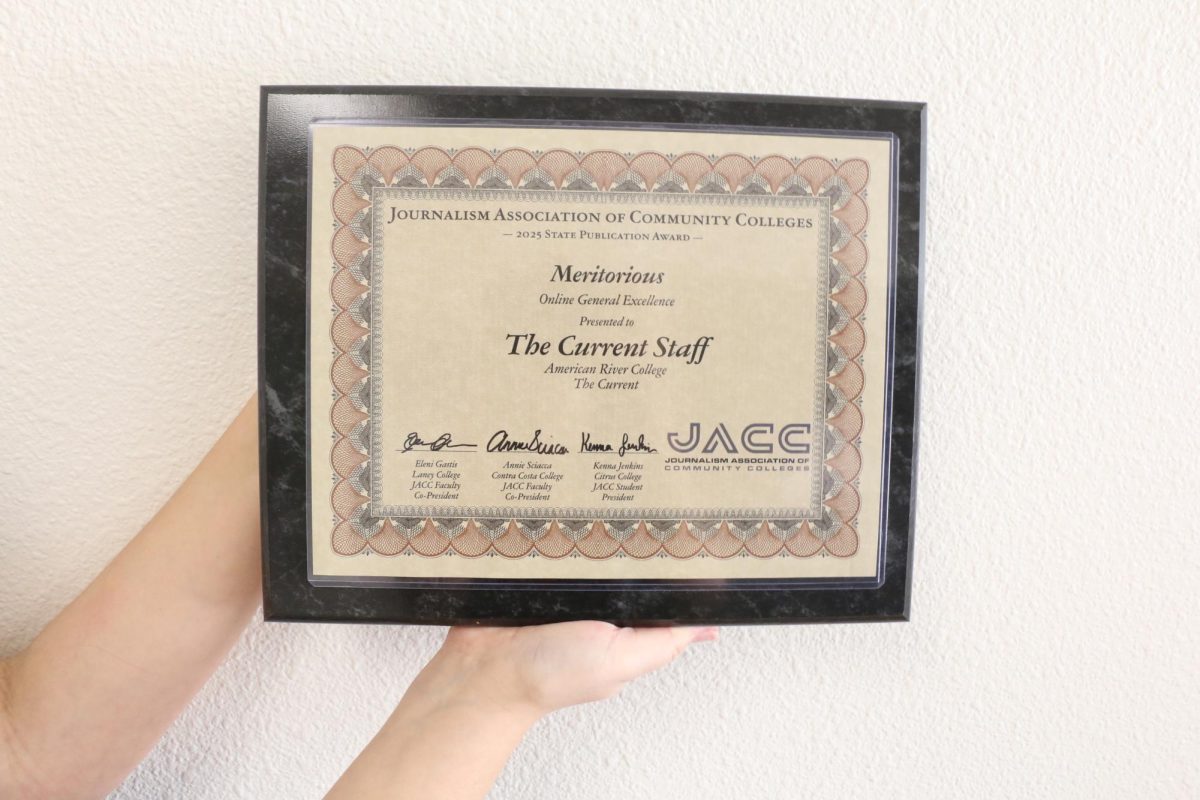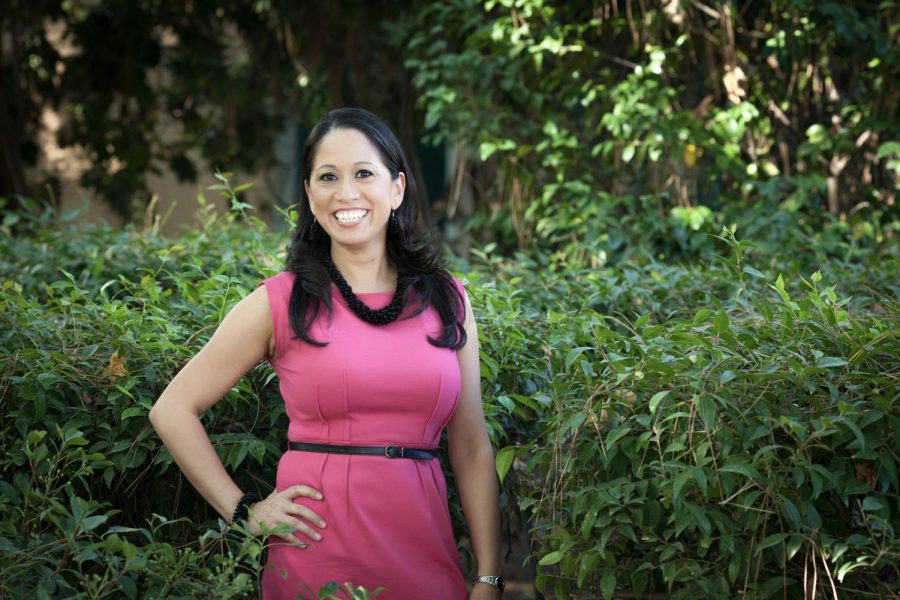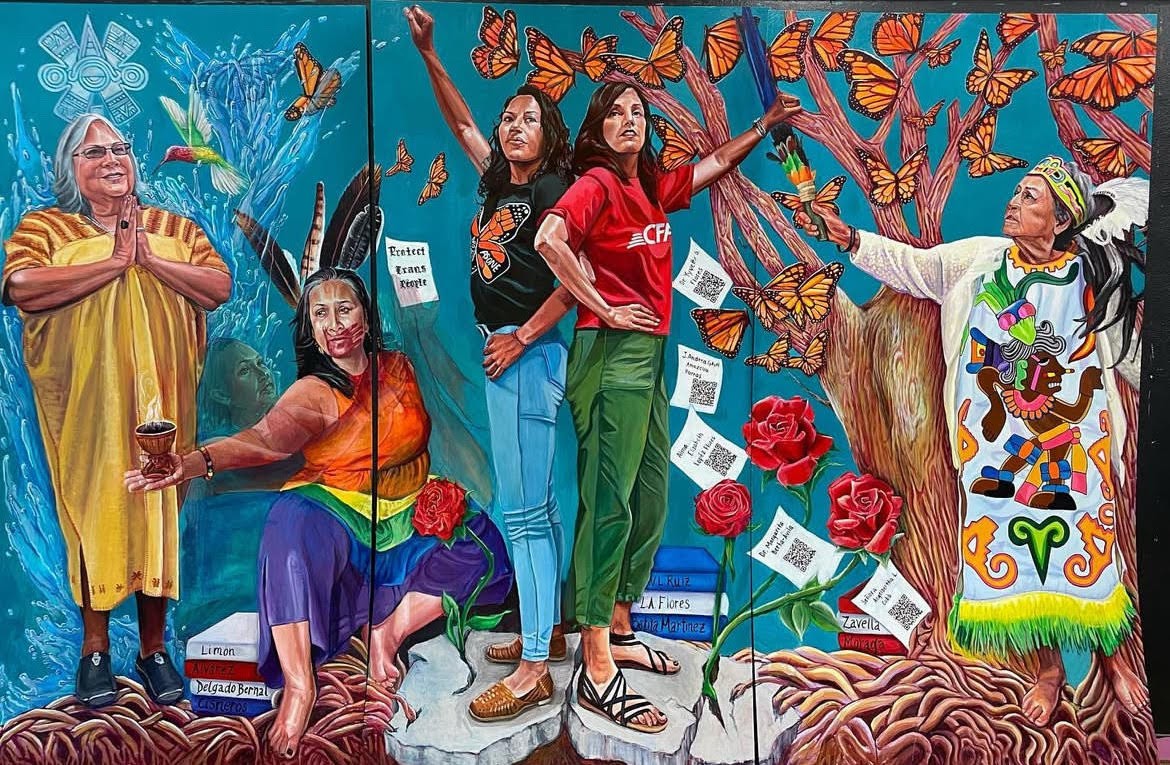With just one week remaining until the California general elections, students at American River College have a chance to vote on the next president, local government officials and on crucial issues impacting the Sacramento region. There are multiple California propositions, such as the approval of local bonds to help fund the renovations and modernizations of public schools and community colleges, raising the minimum wage and amending the wording in the California constitution to recognize who can currently marry in the state of California.
Other issues that will be on the ballot for voters to consider include eliminating involuntary servitude in prisons, increasing sentences on certain drug and theft crimes, approving bonds for projects aimed at mitigating climate change, funding and revenue decisions for health-care services and prescriptions, changing the approval rate needed to authorize bonds for affordable housing and broadening the powers of local governments to implement rent control on residential properties.
On this year’s ballot, voters registered in the Sacramento area will choose their presidential candidate, two United States senators and a United States representative. The ballot will also decide who will fulfill the California Assembly seat representing Sacramento; a position that has been held by the incumbent for the last ten years. Voters will decide on a director for the Sacramento Municipal Utility District as well.
Additionally, Sacramento voters will be choosing a new mayor for the city, between public health professional Flojaune Cofer and assemblymember Kevin McCarty.
There are 14 different county measures that voters will see, depending on where they live in the Sacramento area. Measure E, for example, will decide whether or not an annual parcel tax should be renewed in order to keep generating funds for Sacramento library services. Measure L aims to acquire bonds in order to enhance parks and recreational areas in Orangevale by upgrading restrooms, renovating the 60-year-old Youth Center, improving safety, upgrading playgrounds and enhancing trails.
You can find all of the Sacramento County measures here.
Lastly, there are ten statewide propositions on the ballot that voters will decide on:
Proposition 2 authorizes bonds for public school and community college facilities.
If approved, this would allow the state to take out $10 billion in bonds to provide funding for repairs, upgrades and building of facilities at public schools and community colleges. It aims to improve school health and safety conditions at existing facilities while providing modern classroom updates.
Proposition 3 amends the state’s constitutional right to marriage.
If approved, this would remove language in the California constitution that states marriage only exists between a man and a woman. This would allow the state’s constitution to match what the federal courts have decided about who can marry, and would recognize a fundamental right to marry, regardless of sex or race.
Proposition 4 authorizes bonds for safe drinking water, wildfire prevention, and protection of communities and natural lands from climate risks.
If approved, this would authorize the state to take out $10 billion in bonds for projects aimed at mitigating climate change and its effects. It would fund a focus on clean water, clean energy, wildfire prevention, and protection of natural lands, parks and wildlife.
Proposition 5 allows local bonds for affordable housing and public infrastructure with 55% voter approval.
If approved, this would adjust the approval process for housing and local infrastructure bonds by reducing the required vote from two-thirds to 55%. This change would empower local governments and agencies to easily fund affordable housing and essential infrastructure projects for low and middle-income Californians.
Proposition 6 eliminates constitutional provision allowing involuntary servitude for incarcerated persons.
If approved, this would remove the ability of California jails and prisons to use involuntary servitude to punish crime. This amendment to the constitution would eliminate the slavery-era rules that allow prisons to force incarcerated persons to work and would give them the right to decline work assignments without facing penalties.
Proposition 32 raises minimum wage.
If approved, this would immediately raise the minimum wage in California to $17 for large employers and would continue the increase to $18 in January 2025. For employers with 25 or fewer employees, minimum wage would rise to $17 on January 1, 2025, and $18 on January 1, 2026.
Proposition 33 expands local governments’ authority to enact rent control on residential property.
If approved, this would empower local governments to implement rent control measures for residential properties. It would repeal the Costa-Hawkins Rental Housing Act of 1995, which currently limits the kinds of rent control laws cities and counties can have. Rent control places a cap on how much landlords can charge for rent and also limits how much they can increase it. Additionally, Prop. 33 would prevent the state from taking further action to restrict rent control.
Proposition 34 restricts spending of prescription drug revenues by certain health care providers.
If approved, this would mandate that specific healthcare providers allocate 98% of their revenue from the federal discount prescription drug program towards direct patient care. It also allows for statewide negotiations on Medi-Cal drug pricing. It would cause some health care entities to adhere to new rules on spending revenue from a federal drug discount program. Violating these rules could lead to penalties, including losing their ability to operate for up to ten years.
Proposition 35 provides permanent funding for Medi-Cal health care services.
If approved, this would establish the existing tax on managed health care insurance plans as a permanent measure, which if approved by the federal government, will generate revenue to pay for Medi-Cal health care services. It aims to ensure stable funding, without a need to increase taxes, to maintain access to primary and specialty care, community clinics, hospitals, emergency rooms, family planning services and mental health providers.
Proposition 36 allows felony charges and increased sentences for certain drug and theft crimes.
If approved, this would allow felony charges for possessing specific drugs and for thefts under $950 if the defendant has two previous convictions for drug offenses or theft. It would also reclassify certain misdemeanor offenses as felonies. It aims to enhance safety in California communities by tackling theft and drug trafficking. It increases penalties for fentanyl offenses, holds repeat offenders accountable and targets serial thieves.
Above links provided by California General Election Nov. 5, 2024 Propositions. Each link to a proposition will tell you what a “yes” vote means and what a “no” vote means.
Election Day is November 5, 2024, and the last day to vote in the general election.
It is recommended that voters create a plan for how you will vote. Decide whether you will vote by mail, drop off your ballot at a designated location or cast your vote in person at a local voting center.
You have the option to drop off your ballot at the ARC Welcome and Support Center any weekday between 8 a.m. and 7 p.m. up until Nov. 5. or click this link and enter your location to see what polling stations are near you.
All vote center locations will be open on Election Day from 7 a.m. to 8 p.m. If you are in line by 8 p.m., you will be allowed to vote.
Voting empowers us to influence the decisions that shape our lives and communities. By taking the time to educate yourself about the issues and candidates, you ensure that your voice is heard and that you have a role in determining our future.














